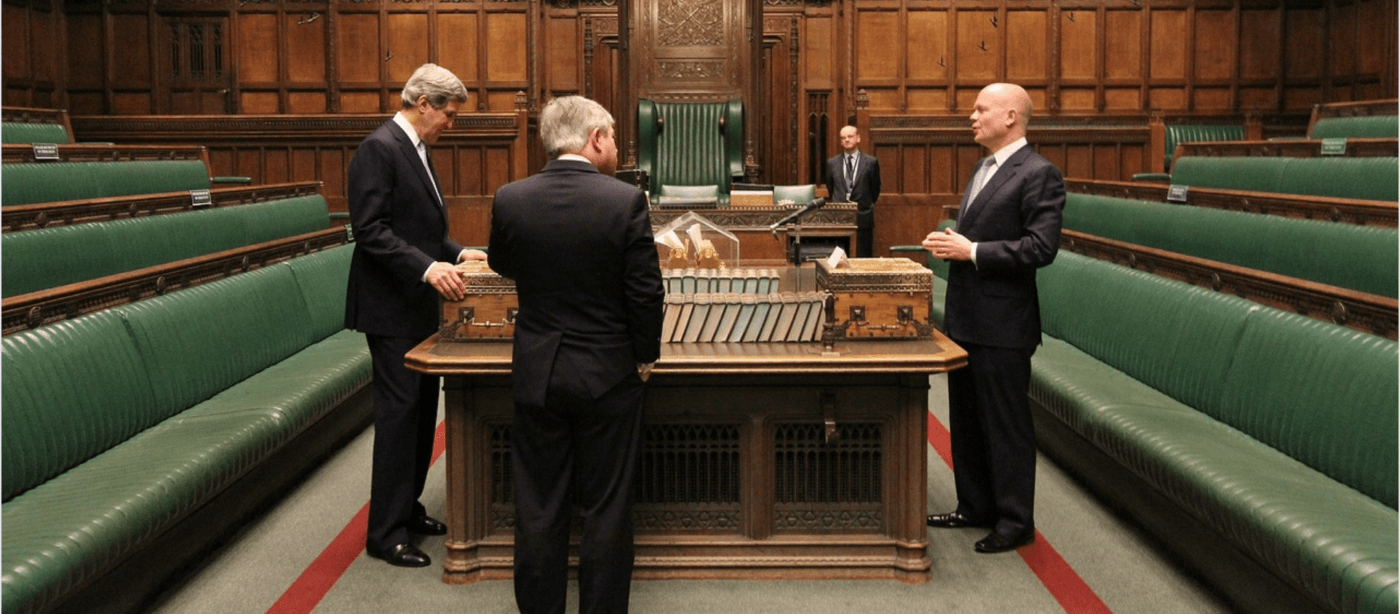Watching the House of Commons on TV can be incredibly fun
British politics is, conservatively, around forty percent theatrics. As much as laws against showing scenes from Parliament on comedy programs may advocate the opposite of this, I suggest trying to find a single Prime Minister’s Question where a backbencher isn’t trying to steal the limelight with a witty barb at either the PM or the Leader of the Opposition. You will struggle. The performance art of the Commons is not only restricted to Wednesdays, far from it. Any of you who have enjoyed tuning in to BBC Parliament for any major vote will have seen the jeering and booing, as well as overly enthusiastic guffawing, of our political elite, depending on whether they agree or disagree with whoever has the floor.
As annoying as some people find it (and I don’t disagree that it is archaic, toxically-masculine, and often overbearingly elitist), I also find it all incredibly fun. There is something really energetic about the interactions across the floor, and this makes viewers watch our legislative system at work. Watching the two opposing benches laugh at ridiculous comments by ministers and other MP’s is incredibly cathartic. I think it is good for our democracy to see officials put in their place in real-time. Of course, at the height of this, there is nothing in politics quite as entertaining as watching the Speaker of the House, John Bercow, lay out eloquent and scathing put-downs on the regular.
the recent spate of Brexit votes, and related debates in the House have made for very entertaining viewing
For me, the most interesting parts of our political discourse play out in the atmosphere of the Commons. For example, the recent spate of Brexit votes, and related debates in the House have made for very entertaining viewing. Watching impassioned speeches from all sides of the political spectrum on the matter achieves the primary effect of informing the viewer, even if it is just in the way that somebody of a differing opinion to yourself would convince others to their side. This is something we often lack in our modern world of media bubbles, and just like watching ministers be put in their place, it is good for our political system.
However, there is also a great deal of tedium in the performances of the House. Its traditions are grating at times, and often inaccessible to those not in the political know. The lack of clapping, the faux-respect of addressing MP’s as ‘right honourable friend’, and the lengthy voting process during massive votes, can make even the most ardent political buffs switch off or become confused and feel separate from those in charge. However, I think by showing politics on television, with commentary, it can break this barrier down for the common person and make politics demystified for those willing to take the time to watch.
these programs can have issues with subjectivity, in spite of the BBC’s attempts to avoid political bias
I myself am more of a fan of PMQ and BBC Parliament features than shows more ‘traditionally’ for the common viewer, such as Question Time or This Week. As has been shown in recent months, these programs can have issues with subjectivity, in spite of the BBC’s attempts to avoid political bias. These programs often have audiences or guests that, though obviously afforded their say, have agendas for which the program is a chance to have a shouting match. In the case of BBC Parliament, at least we know that the shouting matches are fairly controlled and an example of our structured political system at work.
Ultimately, politics is very interesting in our modern times, and giving people the opportunity to see it at work first-hand, though sometimes complex and boring, both entertains and educates in a way no other program can.

Comments